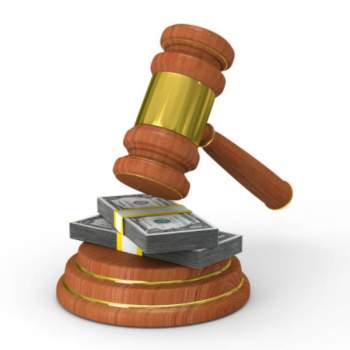
Read This Before Entering Into A Contract Intoxicated

An intoxicated person in a contract dispute may find that the contract under discussion is either voidable or valid. The standard of intoxication is similar to that which must be present in a criminal defense attempting to excuse the actions due to intoxication.
A valid contract is a contract that has the full force of law and is binding to both parties. In contract disputes involving intoxicated individuals a voidable contract can be avoided by the party that was under the influence at the time the contract was created. Contract law basics do not distinguish between voluntary and involuntary intoxication.
During contract disputes in which the intoxicated party attempts to prove that the contract should be declared voidable, they must prove that they were intoxicated to the point that they were unaware of the legal consequences of entering into the contract. If this can be proven, it will establish that the contract violates one of the contract law basics, specifically that the parties to the contract must genuinely assent to enter the contract.
It is rare that contract disputes are settled in favor of the intoxicated individual being released from the contract due to being too intoxicated because it is very difficult to conclusively establish the degree of intoxication which would result in this loss of awareness.
If the courts have ruled that a contract is voidable due to the contracted party's intoxication, then the intoxicated individual has the right to disaffirm the contract. Contracts to obtain necessary services, such as medical care, cannot be disaffirmed to to intoxication. Disaffirmation can only be completed by providing restitution for the contracted service or by returning in full and undamaged the item or items obtained.
The right to disaffirm a voidable contract can be waived through ratification. The ratification can be explicit, such as when a party that entered into a contract while intoxicated becomes sober and states their intention to continue the use of the contracted service.
The ratification can also be implied. Implied ratification occurs when after becoming sober a party continues to use the item they obtained while intoxicated. Explicit ratification must occur within a reasonable time of the party's regaining their sobriety.
An alcoholic has the full culpability and liability for contracts entered into while sober as any other individual.
NEXT: Read This Before Entering Into A Power Purchase Agreement





















